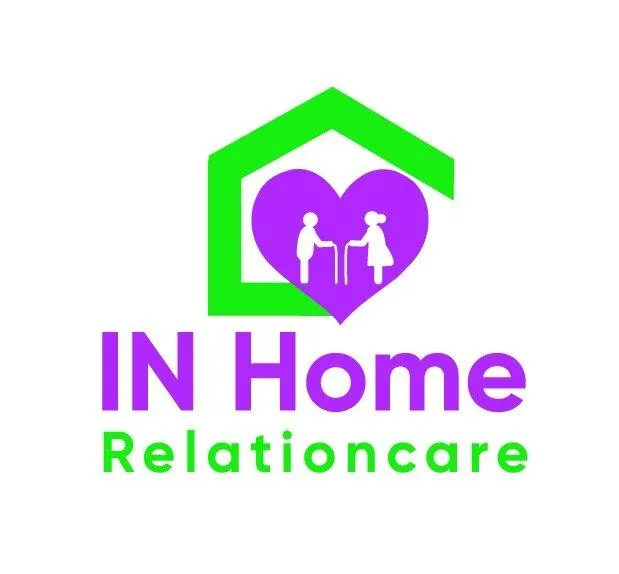Companion Care

IN HOME RELATIONCARE provides expert care around the clock that you and your family can rely on.
Companion Care
IN HOME RELATIONCARE provides expert care around the clock that you and your family can rely on.
Professional Companion Care in Florida
Whether you have a senior who is aging independently in their own home or a senior who is in assisted living or nursing home facilities, companion care makes an excellent option for seniors with varying needs.
Companion care includes a wide range of services, from emotional support to non-medical tasks to personal care.
So how do you know what type of care is right for your senior?
Let’s take a look at what companion care is, its benefits, and the different service options available.
It is important to prepare for the future.
Sometimes adjusting to the diagnosis and care for your senior can be difficult and take time – for both you and your senior. During the early stages, you will find that your senior may become forgetful and have trouble with basic tasks.
This is the appropriate time to start planning ahead for their long-term future Planning should include getting legal documents in order, mapping out financial costs for their care, creating a list of their emergency contacts, and establishing a schedule for care, detailing who, what, when, and how often.
What Benefits Does Our Care Provide?
The biggest benefit this type of care provides to seniors is a better quality of life, helping them to live healthier and longer.
But that’s not all…
Companionship care has a greater focus on establishing a relationship between the caregiver and the senior.

Caregiving Career
Opportunities
In a social setting, caregivers provide seniors with outlets for grief; they become problem-solvers; they connect with seniors on a personal level, becoming someone a senior can rely on to spend time with them and they’ll look forward to their visits.
In a physical setting, caregivers remove the burdens and worries of tasks like transportation to the doctor’s and remembering appointments, a trip to the grocery store, or remembering to pay a bill.
All of these services work together to keep your senior focused on living their life. The goal is to help to prevent loneliness and depression while increasing the will to live and do more.
Our Companion Care Services
From live-in to in-home to hospice care, here is a list of several service types in addition to those listed above:
Planning social activities: Trips, visits with family, movies, shopping, etc.
Exercising and staying active to keep them in good health
Entertainment, like board games and other hobbies
Alzheimer’s and Dementia care
Helping family members understand and stay up to date with the condition of their senior
Loving Home CareGivers
Providing the highest quality of care at an affordable cost. Our local caregivers are trained, background-checked, insured, and bonded. This is our promise to you.


We conduct annual background checks on all local caregivers.

We require our caregivers to complete annual training.

All of our caregivers are licensed, bonded and insured.

We match caregivers based on compatibility and skillset
Ready to Get Started? B&E Home Care is here to Help.
Ready to Get Started? B&E Home Care is here to Help.

IN HOME RELATIONCARE
(678) 705-7416
info@inhomerelationcare.com